Description
This plant is restricted for shipment to Massachusetts.
- Latin Name: Robinia pseudoacacia
- Other Common Names: Yellow Locust, common locust, pea flower locust, white locust, green locust, false acacia
- Hardiness Zones: 3-9
- Mature Height: Typically grows 30-80 feet (9-24 meters) tall with a trunk diameter reaching 3-4 feet. Can spread via root suckers with a narrow, oblong crown (Missouri Botanical Garden).
- Soil and Climate Preferences: Native to the Southeastern United States, easily transplanted and adaptable. Thrives in well-drained soils in full sun to partial shade, but not shade. Tolerates poor soils but prefers loamy, moist conditions. Highly drought-tolerant and resilient (Missouri Botanical Garden).
- Notes: Avoid pruning in spring due to potential excessive sap bleeding. Root sucker removal is necessary to control spread. Leaves are pinnate, 8-14 inches (20-35 cm) long, with approximately 23 ovate, dark green leaflets turning yellow in autumn. White flowers bloom in late spring on racemes up to 8 inches (20 cm) long, followed by 4-5 inch (10-13 cm) long flat, purplish-brown seed pods (Missouri Botanical Garden). Bark is deeply furrowed and blackish, often with paired thorns at leaf bases. Flowers have a fragrance reminiscent of orange blossoms and can be battered and deep-fried. Pollution-tolerant, making it suitable for urban planting. Wood is hard, rot-resistant, and durable, used for furniture, flooring, paneling, fence posts, small watercraft, and firewood due to its slow-burning qualities, even when wet. Valued as a shade tree, for erosion control, and ornamental flowering.
- Problems: Vulnerable to locust borer and locust leaf miner. Also susceptible to scale insects, caterpillars, whiteflies, weevils, powdery mildew, wood rots, canker, verticillium wilt, and leaf spots (Missouri Botanical Garden).
- Wildlife: Large, dark seed pods provide food for quail, turkey, grouse, pheasant, and songbirds from autumn to early spring. Small wildlife often nests among the branches, utilizing the tree’s thorns. Attracts deer and bees enjoy its flowers.
Cold Stream Farm supplies Black Locust trees which are grown as bare root seedlings and transplants and sold both wholesale and retail with no minimum order.
For more detailed information, you can refer to:
- Virginia Tech: Black Locust
- Missouri Botanical Garden: Robinia pseudoacacia Details
Additional information on Robinia pseudoacacia can be found on the link: USDA / NRCS PLANTS Database.

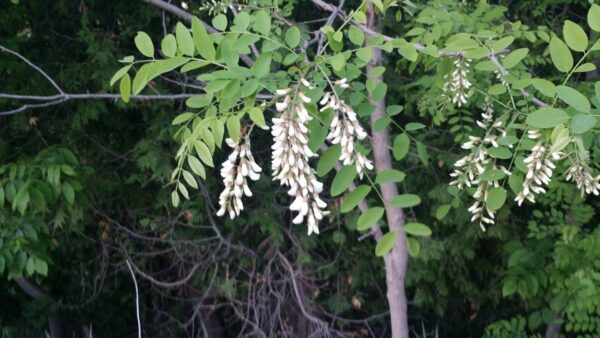
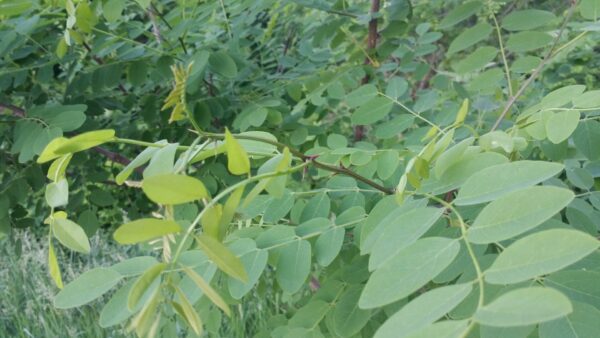
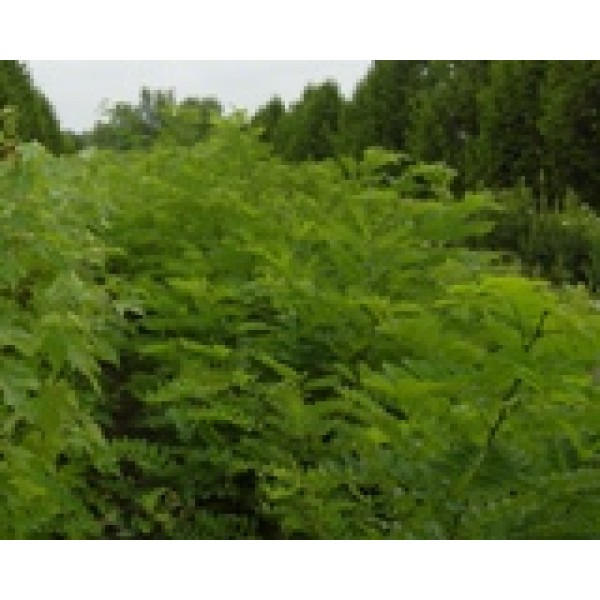
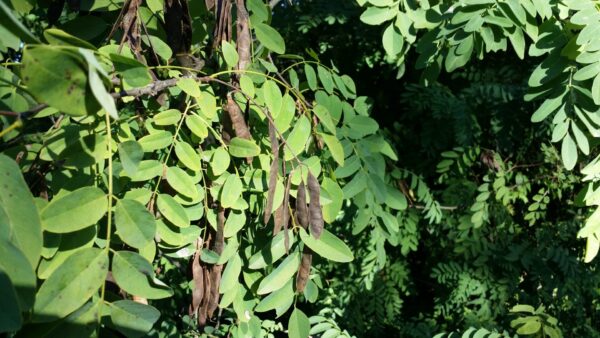
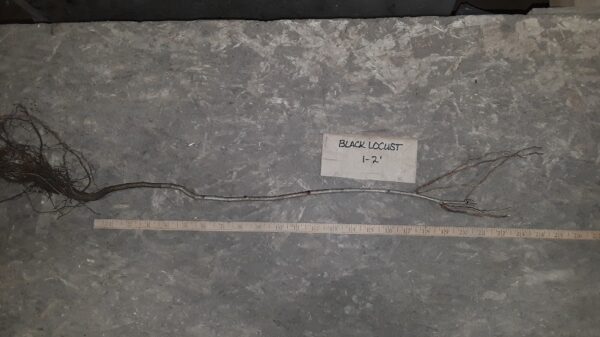
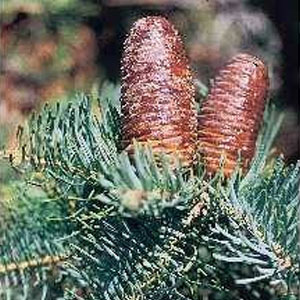
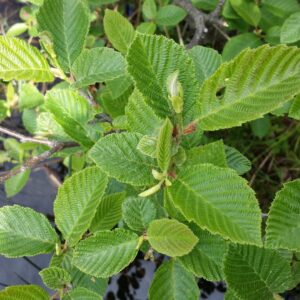
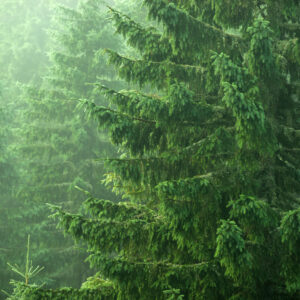
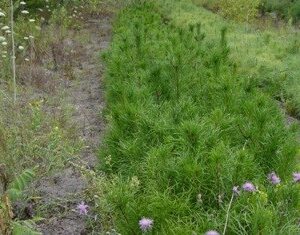
Ryan –
Ordered 30 for my property in Colorado.
I contacted Cold Stream Farm concerned about the weekend window I needed to be there. They gave me the best mailing options that would work for me! The plants were packed professionally, roots moist, individual came in with minimal scratches and damage due to their awesome binding.
Cant believe I was able to source these amazing trees for the affordable price, great convenience, and awesome quality.
Thanks Cold Stream Farm!!! Looking forward to more purchases in the near future